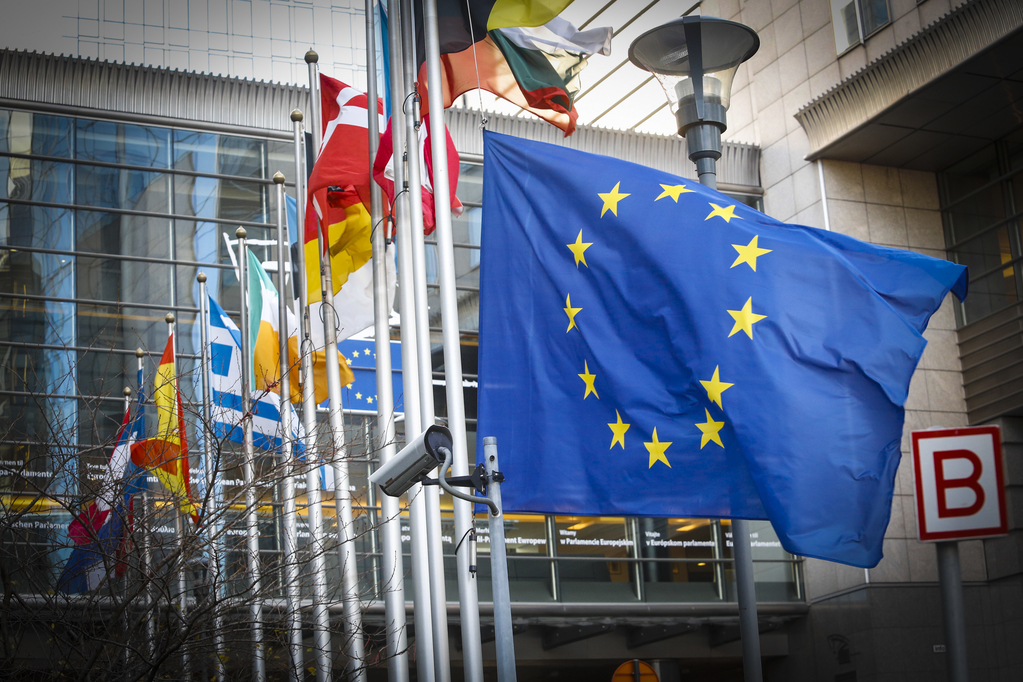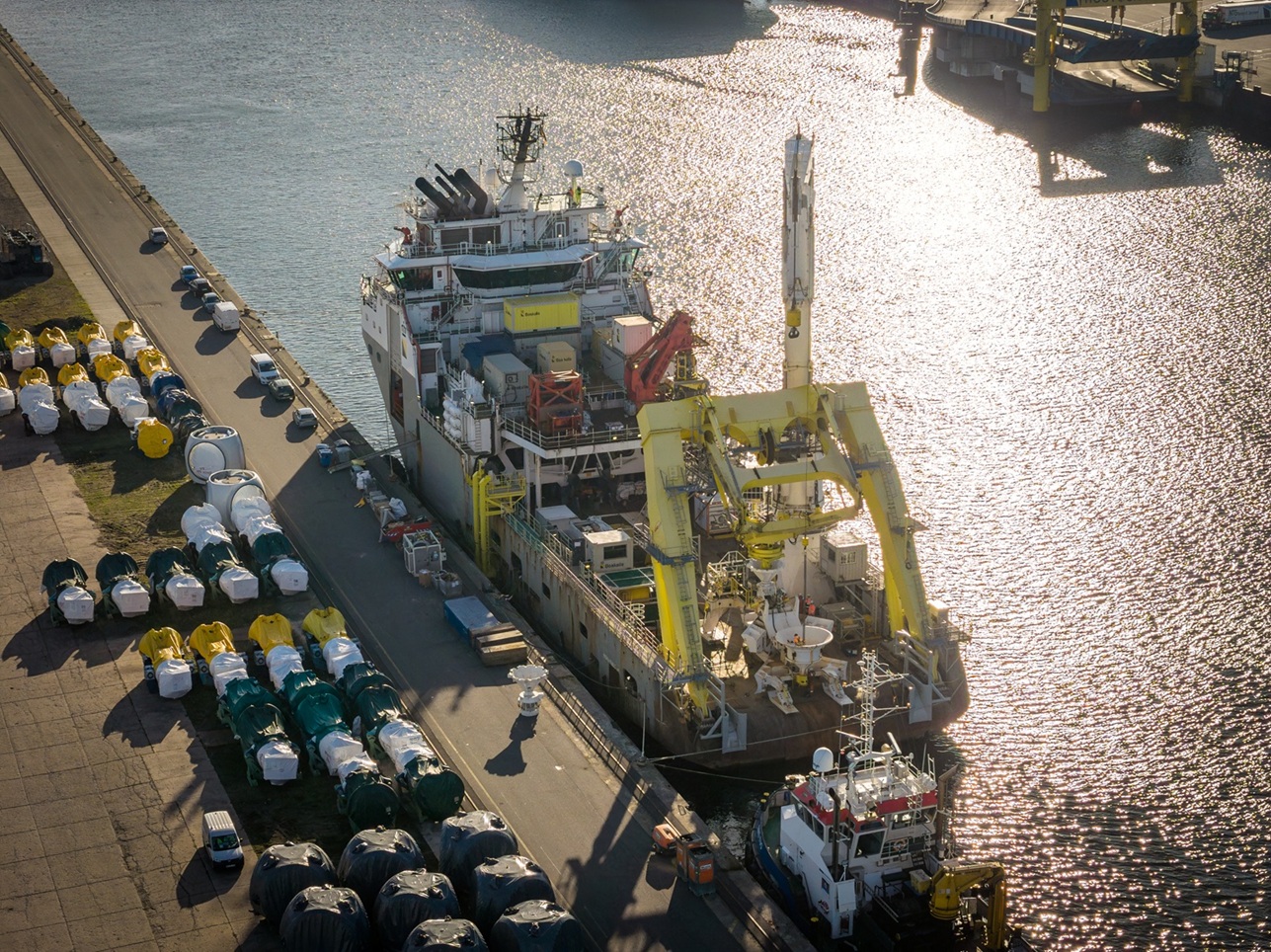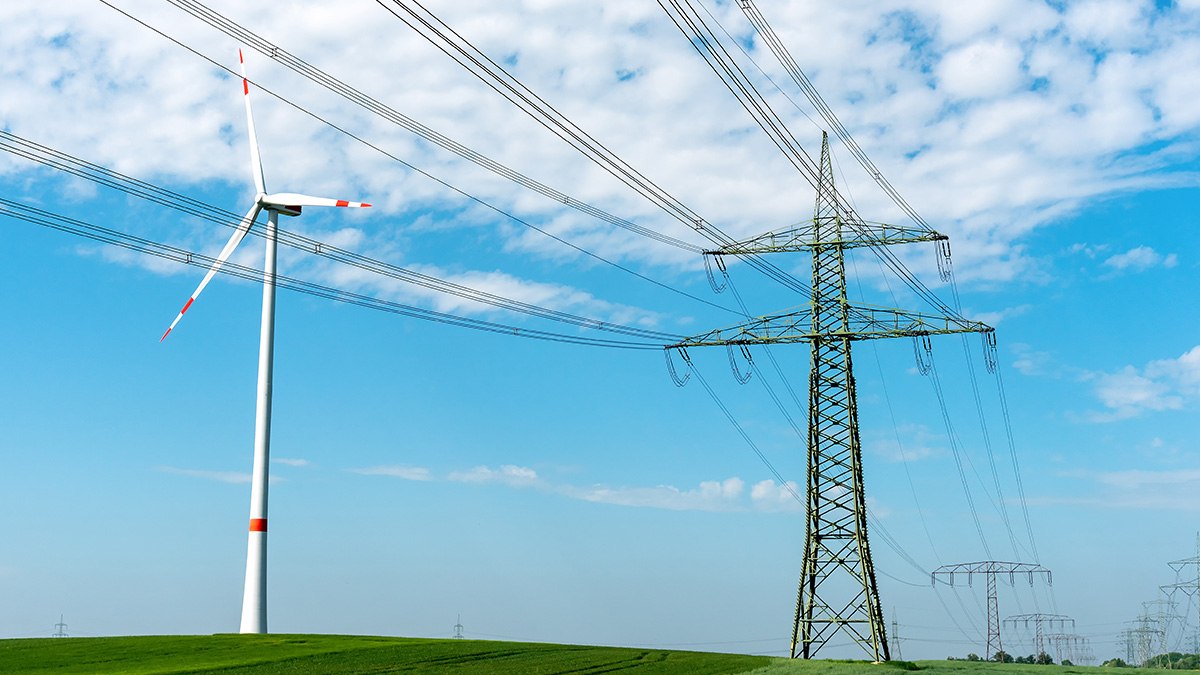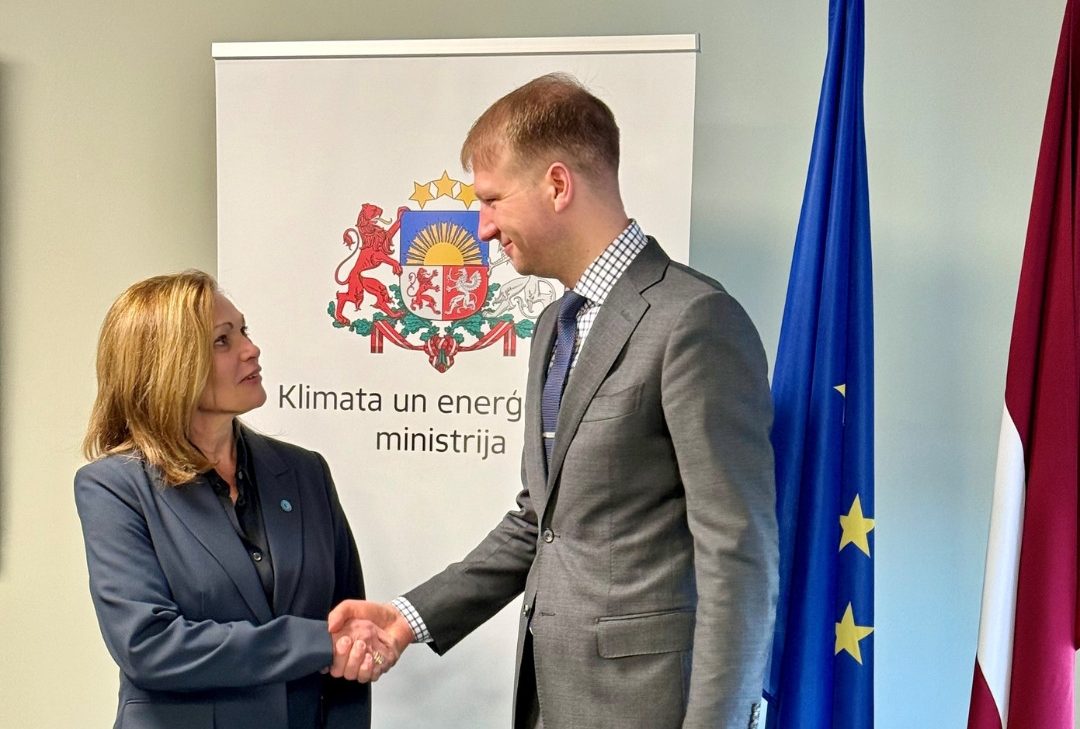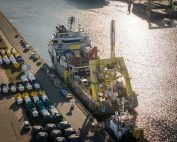MEPs set out recommendations for speeding up the deployment of offshore wind, in a report adopted on Tuesday. The report voted in the Industry, Research and Energy committee in response to a European Commission communication stresses that meeting the 2030 and 2050 targets require speeding up the deployment of offshore renewable energy (ORE), but a more sustainable management of maritime space and coasts is needed to unlock their potential.
MEPs say that a net-zero emissions economy requires renewable energy to be deployed on an unprecedented scale, and stress the urgency of improving and expanding existing infrastructure. Many Member States are lagging behind in the necessary switch to renewables, they say.
MEPs highlight the importance of shortening procedures and call on the Member States to set up a transparent process and consider introducing time limits for issuing permits where necessary.
They stress that the EU is a technological leader in the ORE production sector and could expect a significant economic boost by supporting the growth of clean energy production. The NextGenerationEU recovery fund provides a unique opportunity to mobilise capital in addition to the private investments, they say.
Build consensus around offshore wind projects
MEPs say that offshore wind farms can benefit marine biodiversity if designed and built sustainably. They call for ensuring the coexistence of offshore wind farms with existing activities, such as fishing and maritime transport. They stress the need to increase the public acceptance of offshore wind and to increase citizen’s trust into the ability of renewable energy to achieve energy independence and security of supply.
Throughout the full project cycle, it is crucial to design, develop and deploy renewable offshore energy in a circular and renewable way, as substantial amounts of metals and minerals are needed, MEPs say. They call for an EU-wide landfill ban on decommissioned wind turbine blades by 2025.
“The offshore renewable energy strategy is key to the green transition where time is of the essence. We need lots of green electricity to fulfil our climate objectives and the offshore renewable energy strategy is absolutely essential in this regard”, said lead MEP Morten Petersen (Renew, DK).
“The report was adopted with a broad majority, and this shows we all understand the urgency of the matter. With the committee’s vote we are putting offshore renewable energy mid, front and centre in the fight against climate change, and I’m very happy and humble about today’s vote. We need to introduce time limits, and remove the many barriers that are still standing in the way of a fast and successful integration of renewables in Europe” he added.
The report was adopted in the Industry, Research and Energy committee with 57 votes to 10 and 7 abstentions. It will be put to vote in the full House on the 17th of January, 2022.
According to the European Commission, the energy production targets for ORE in all of EU’s sea basins are at least 60GW by 2030 and 340GW by 2050. MEPs highlight that the cost of offshore wind has fallen dramatically the last two decades (declining by 48% between 2010 and 2020) and is now one of the most competitively priced sources of energy. However, without a phase out of fossil fuels and fossil fuel subsidies, realisation of renewable energy goals and limiting global warming to less that 1.5°C by the end of the century would be impossible, they say.
European Parliament
